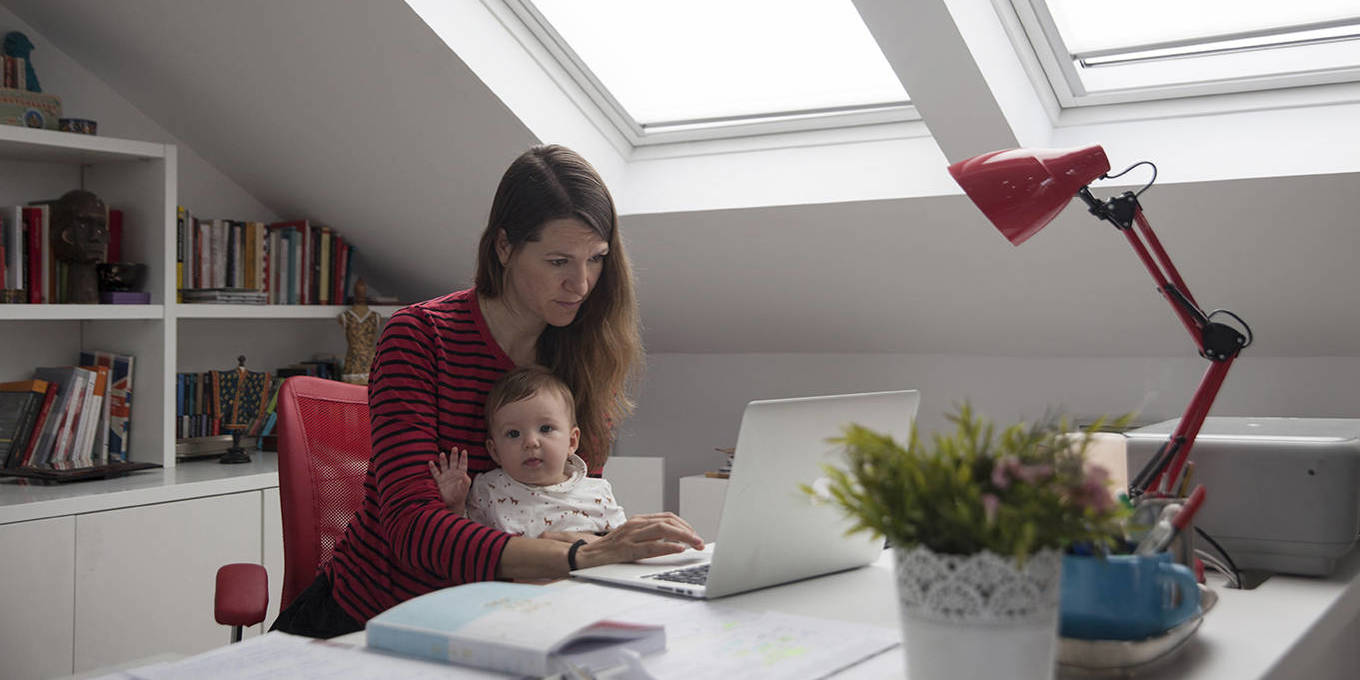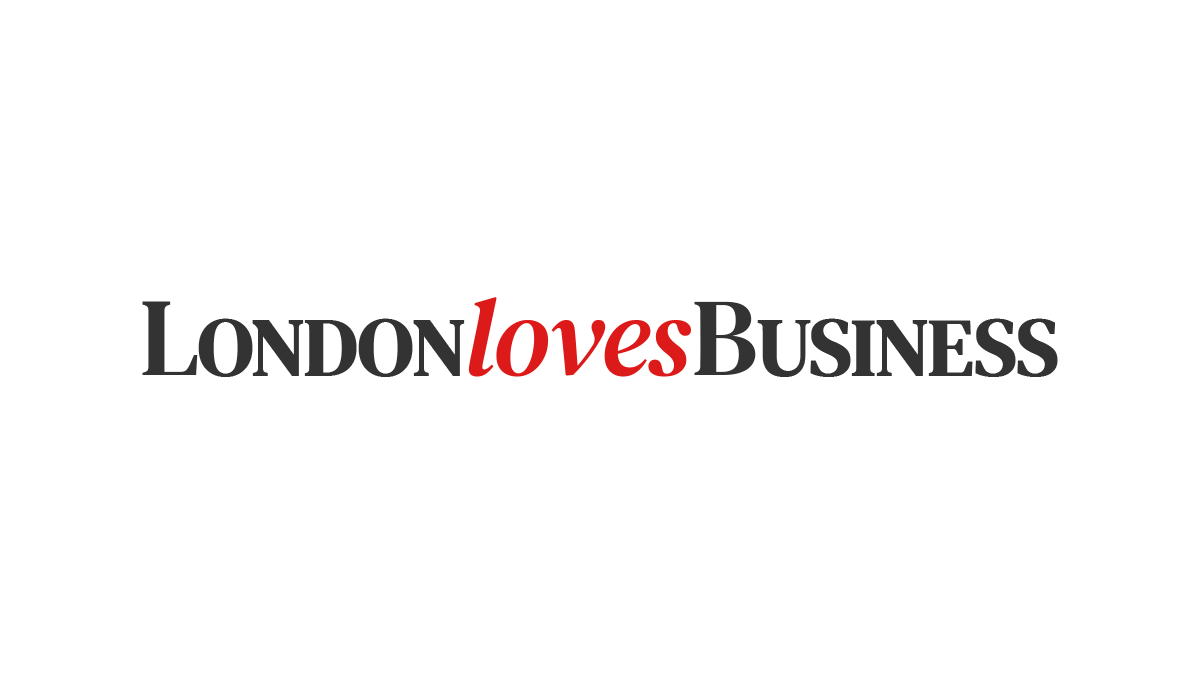fromLondon Business News | Londonlovesbusiness.com
1 week agoHow London businesses are navigating the great finance hire shortage - London Business News | Londonlovesbusiness.com
The recent Great Finance Hire shortage is not just a challenge, it's a wake-up call for London businesses reliant on financial expertise. As firms scramble to fill vital roles, the stakes have never been higher for hiring a financial controller in London . We will provide a deep dive into the creative solutions companies are implementing to overcome this recruitment hurdle. Expect to come away with actionable tips that can help your business secure the financial talent it desperately needs.













